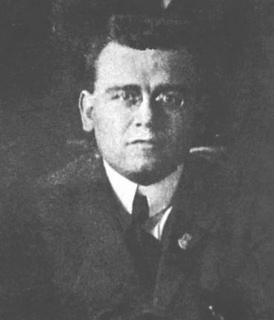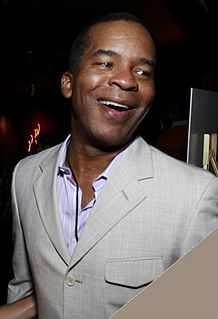A Quote by Joseph Jacobs
Obscure as still remains the origin of that 'genre' of romance to which the tales before us belong, there is little doubt that their models, if not their originals, were once extant at Constantinople.
Related Quotes
Since my romance novels had all been thrillers as well, it wasn't such a leap for me to move into the straight thriller genre. The most difficult part, I think, was being accepted as a thriller writer. Once you've written romance, unfortunately, critics will never stop calling you a 'former romance author.'
We know their names: Hippolyta, Antiope, Thessalia. But they were long thought to be just travelers' tales or products of the Greek storytelling imagination. A lot of scholars still argue that. But archaeology has now proven without a doubt that there really were women fitting the description that the Greeks gave us of Amazons and warrior women.
There's something about the sci-fi genre that gets an audience interested in it, so maybe you can take some risks that you couldn't, if you were just doing a drama. It lets you maybe reach a little further and surprise people a little bit more because there's still that little safety base of working on that genre that everybody loves.
When you're a young writer and you look at people praising a big hefty anthology that has uncovered a long lost genre, it can be disorienting to look inside it and think, "But what it's uncovered still isn't me. What does this mean? Do I not belong in this genre, or is there more of the genre yet to find?"
Enough! we're tired, my heart and I. We sit beside the headstone thus, And wish that name were carved for us. The moss reprints more tenderly The hard types of the mason's knife, As Heaven's sweet life renews earth's life With which we're tired, my heart and I .... In this abundant earth no doubt Is little room for things worn out: Disdain them, break them, throw them by! And if before the days grew rough We once were loved, used, - well enough, I think, we've fared, my heart and I.
All we can say is that, as the result of a process which went on from the fourth century to about the eighth, a standard type of text was produced, which is found in the vast majority of the manuscripts that have come down to us. At least ninety-six per cent of the extant manuscripts of the Greek New Testament are later than the eighth century; and of those only a handful preserve traces of the other types of text which were in existence before the adoption of the standard text, and out of which it was created.
People have always told tales. Long before humanity learned to write and gradually became literate, everybody told tales to everybody else and everybody listened to everybody else's tales. Before long it became clear that some of the still illiterate storytellers told more and better tales than others, that is, they could make more people believe their lies.







































